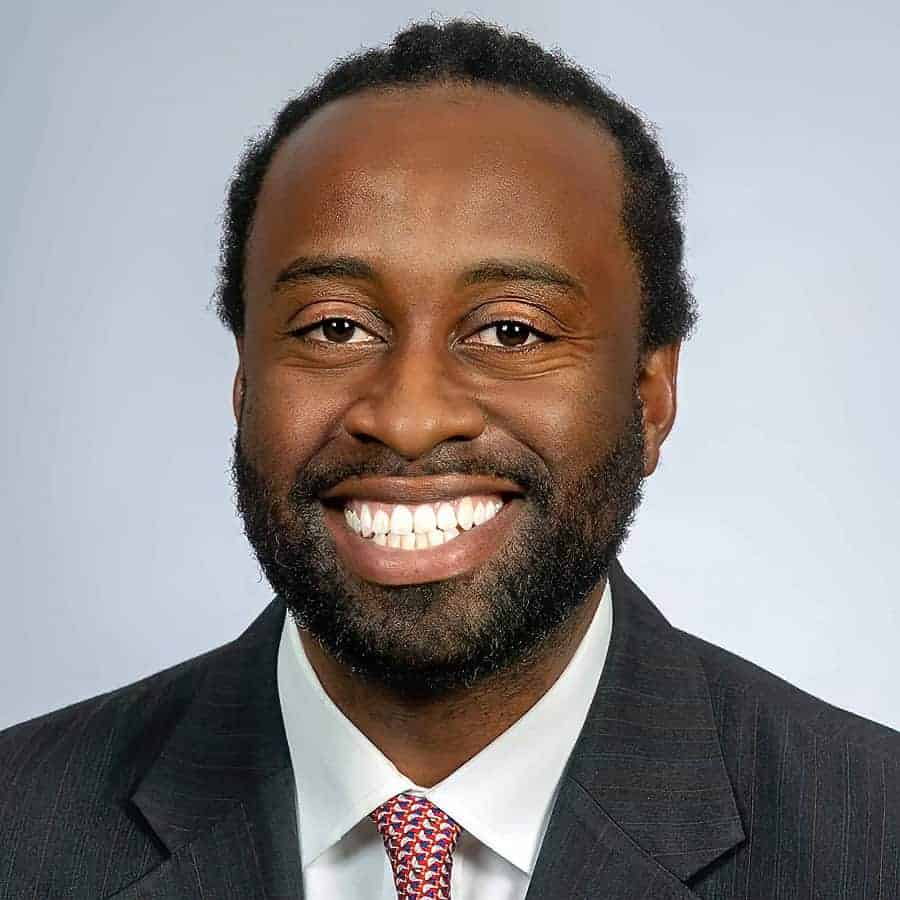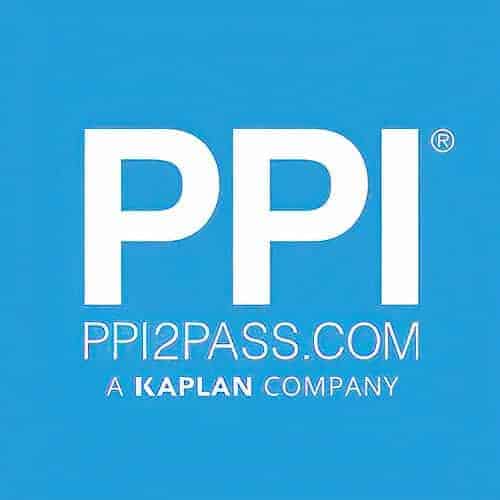In this episode, I talk with T. Matthew Evans, Ph.D., a professor at Oregon State University, about the influence of geotechnical engineering on everyday life and its future advancements with technology. Dr. Evans shares insights from his research on soil stability across various conditions and underscores the practical application of physics in geotechnical engineering. He also highlights changes in civil engineering education, like remote learning and artificial intelligence (AI).
***The video version of this episode can be viewed here.***
Engineering Quotes:
Here Are Some of the Questions We Ask Matthew:
- Why did you choose to specialize in geotechnical engineering within civil engineering, coming from a physics background, and how did you get here in your career?
- How did your passion for civil engineering and physics influence your career path into academia?
- Can you describe a recent project you worked on that illustrates how geotechnical engineering directly impacts our daily lives?
- How do principles of physics factor into your geotechnical engineering research and teaching?
- What is the most significant change you’ve observed in civil engineering education during your time as a professor?
- How does your role at Oregon State University contribute to solving practical engineering challenges in the real world?
- What role do you think technology will play in the future of geotechnical engineering?
- What advice do you have for individuals pursuing careers in consulting or academia?
Here Are Some of the Key Points Discussed About Unveiling the Secrets of Physics in Geotechnical Engineering:
- Matt’s journey into geotechnical engineering began unexpectedly during his civil engineering studies at the University of New Mexico. Initially unsure about the relevance of certain classes like statics, Matt’s interest was sparked when a geotechnical professor named John Stormont recognized his potential and offered him a research opportunity that ignited his passion for the discipline.
- In early engineering careers, gaining experience as a research assistant in physics or civil engineering is valuable. Collaborating with research-focused geotechnical engineers at firms can ignite a passion for research in design and construction, motivating some to pursue advanced studies even if they receive advice against it from experienced colleagues.
- New research at Oregon State University has shown that native Oregon silts can liquefy under specific seismic conditions, challenging assumptions about their stability. This finding emphasizes the importance of re-evaluating geotechnical practices in Oregon to improve seismic resilience in future construction and retrofits.
- In research, blending fundamental principles with practical methods in soil mechanics is essential due to its complexity. Similarly, in teaching, the goal is to equip students with a versatile toolkit of basic principles and applications, resembling how physics education emphasizes understanding and practical application over rote problem-solving.
- In academia today, there’s a trend toward using technology for flexible course delivery, including recorded or remote lectures. Civil engineers are increasingly turning to powerful tools like MathCAD, Python, or MATLAB for better design capabilities and transparent calculations, moving away from traditional tools like Excel.
- Oregon State’s civil engineering program prioritizes partnerships with local firms, contractors, and regulators like the Department of Transportation, enabling them to solve practical community challenges such as complex engineering issues and process improvements for 3D printing.
- AI, especially with advancements in machine learning and GPUs, is becoming highly relevant to engineering design and practice. However, using large language models like GPT for complex engineering problems raises concerns about ensuring the accuracy and reliability of their outputs, particularly for less experienced users such as undergraduate students.
- To succeed in any job, including geotechnical engineering, it’s important to make yourself valuable by learning diverse skills and taking pride in your work. This approach keeps you engaged, employed, and motivated to tackle challenges with enthusiasm each day.
More Details in This Episode…
About the Guest: T. Matthew Evans, Ph.D.

About the Host: Jared M. Green, P.E., BC.GE, F.ASCE

Jared is a consultant and team leader who also enjoys mentoring young engineers and first-generation college students. He has been instrumental in increasing the number of pre-college students who are interested in STEAM majors and fields. He strives to make complex engineering topics relatable and understandable to people new to the field and to people who are completely unfamiliar with engineering. Jared and his family currently reside in Flemington, New Jersey. He and his wife have three energetic, inquisitive, and awesome children. You can connect with Jared here.
Sources/References:
Oregon State University
University of New Mexico
North Carolina State University
Department of Transportation
ChatGPT
Send T. Matthew Evans, Ph.D., an Email
Connect with T. Matthew Evans, Ph.D., on LinkedIn
This Episode Is Brought to You by PPI

Please leave your comments or questions in the section below on the secrets of physics in geotechnical engineering.













